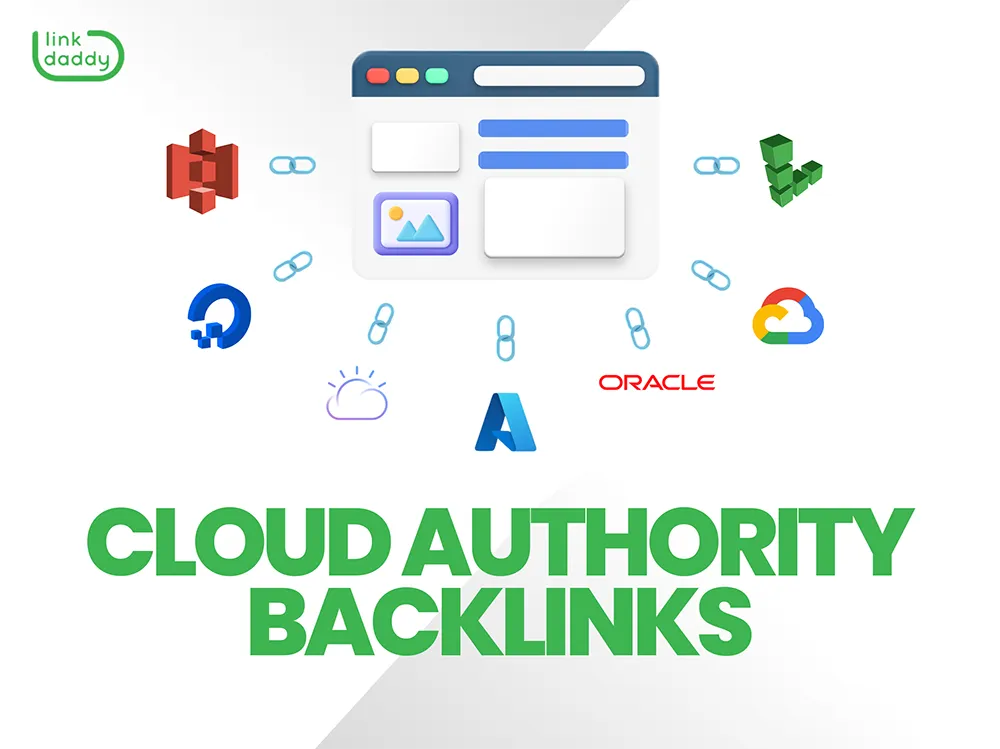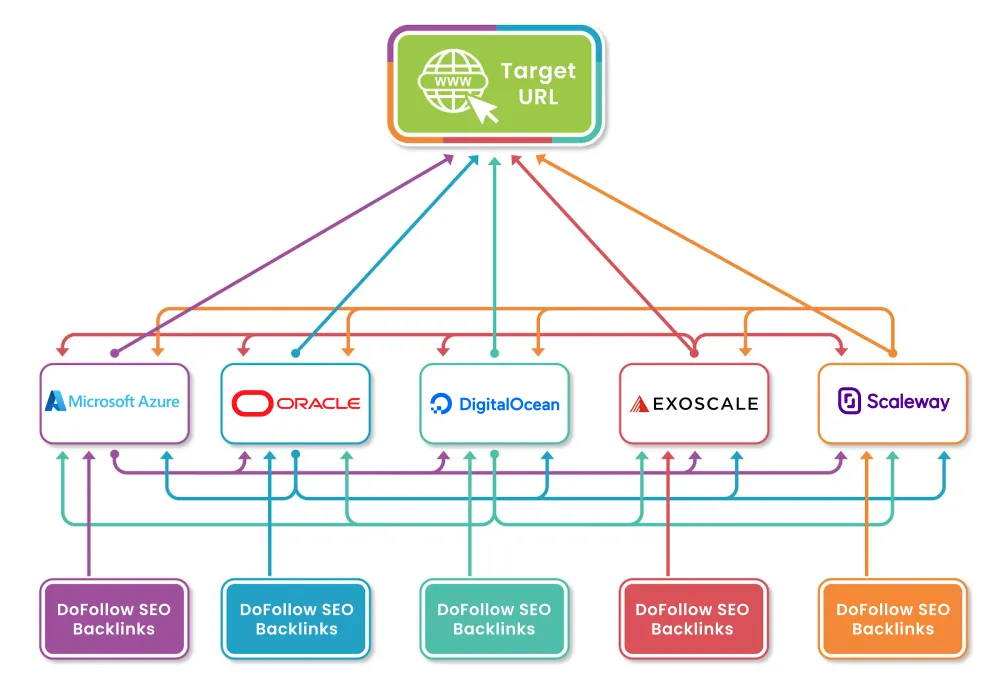Universal Cloud Service Explained: Solutions for Global Enterprises
Universal Cloud Service Explained: Solutions for Global Enterprises
Blog Article
Recognizing the Various Kinds Of Cloud Solutions and Their Usages
From Facilities as a Service (IaaS) to Software Application as a Service (SaaS), each type of cloud solution serves an one-of-a-kind objective and gives unique benefits. By checking out the nuanced functionalities and applications of each cloud solution, one can navigate the complexities of cloud computing with precision and insight.
Infrastructure as a Solution (IaaS)
Facilities as a Solution (IaaS) offers individuals with virtualized computer resources over the web on a pay-as-you-go basis. This cloud computer model supplies essential IT facilities such as online makers, storage, and networking without the demand for companies to buy and handle physical servers and data facilities. With IaaS, individuals can scale resources up or down based upon their demands, supplying flexibility and cost-efficiency.
One of the key benefits of IaaS is its capability to swiftly provision and deploy facilities elements, making it possible for services to react rapidly to altering demands and market problems. By outsourcing facilities monitoring to the solution copyright, companies can focus much more on their core company activities rather than managing the intricacies of hardware upkeep and upgrades.
In addition, IaaS supplies a high degree of integrity and protection, with service providers commonly offering robust data back-up, catastrophe recuperation, and cybersecurity steps. This helps make certain that critical organization procedures continue to be uninterrupted and information remains shielded against potential threats. universal cloud Service. Overall, Infrastructure as a Service simplifies IT procedures, boosts scalability, and reduces capital expenditures for businesses of all dimensions
System as a Service (PaaS)
Building upon the foundation of Infrastructure as a Solution (IaaS), Platform as a Service (PaaS) provides a comprehensive environment for programmers to create, release, and manage applications without the intricacies of underlying facilities administration. PaaS offers a platform with devices and services that simplify the growth process, allowing programmers to concentrate on writing code and building applications instead than handling facilities problems.

Software Program as a Solution (SaaS)
Software Application as a Solution (SaaS) reinvents the way businesses access and use software application applications by supplying them on a subscription basis with cloud carriers. This cloud computing version removes the need for companies to install and maintain software program on individual devices, as every little thing is hosted and managed centrally in the cloud.
SaaS provides an affordable remedy for organizations as they just spend for the software application they use without the added expenses of equipment upkeep or software updates. It also offers scalability, allowing business to easily readjust their software demands based on their needs.
Moreover, SaaS applications can be accessed from any type of tool with a web connection, advertising collaboration and flexibility among remote teams. Protection is a top concern in SaaS, with service providers executing durable measures to shield data stored in the cloud.
Popular instances of SaaS include client partnership monitoring (CRM) software program like Salesforce, performance tools like Microsoft Workplace 365, and partnership systems like Google Work space. SaaS remains to get grip in web business world because of its cost-efficiency, comfort, and scalability.
Feature as a Service (FaaS)
With the advancement of cloud services like Software application as a Solution (SaaS) enhancing software application delivery, Function as a Service (FaaS) represents a standard change in how code is performed in a serverless environment. FaaS enables programmers to compose and carry out specific functions or items of code in action to specific occasions without the demand to manage the framework. This serverless computing version makes it possible for designers to focus exclusively on creating code to carry out details functionalities, without worrying themselves with the underlying framework or web server administration.
Functions are performed in stateless containers that are rotated up and down as needed, making sure optimal resource utilization and cost-effectiveness. By abstracting the infrastructure layer, FaaS article source streamlines advancement, speeds up time to market, and improves total dexterity in releasing cloud-native applications.
Storage Space as a Solution (STaaS)
A basic element in cloud computer, Storage space as a Solution (STaaS) gives individuals with a scalable and effective solution for taking care of information storage space demands. STaaS allows companies to save and fetch data from remote servers using the net, removing the need for on-premises equipment. This solution uses versatility by allowing users to pay just for the storage space they make use of, making why not find out more it a cost-efficient option for organizations of all sizes.

STaaS is especially useful for businesses with rising and fall storage demands, as it gives a secure and reputable storage space solution without the requirement for considerable ahead of time financial investments. By leveraging STaaS, organizations can enhance their data management processes, boost availability, and enhance data safety and security in an affordable fashion.

Verdict
In verdict, understanding the different kinds of cloud services and their uses is necessary for organizations and people looking to take advantage of the advantages of cloud computer. By using the appropriate cloud solution, organizations can enhance their efficiency, scalability, and adaptability in managing their IT infrastructure and applications.
From Facilities as a Solution (IaaS) to Software as a Service (SaaS), each kind of cloud solution serves a special purpose and provides distinctive benefits. cloud services press release. By discovering the nuanced performances and applications of each cloud service, one can browse the intricacies of cloud computer with accuracy and insight
With the advancement of cloud services like Software application as a Service (SaaS) improving software delivery, Function as a Solution (FaaS) represents a standard change in just how code is performed in a serverless atmosphere.In verdict, recognizing the different kinds of cloud services and their uses is vital for people and services looking to take advantage of the benefits of cloud computing. By making use of the appropriate cloud service, organizations can improve their performance, scalability, and versatility in managing their IT framework and applications.
Report this page